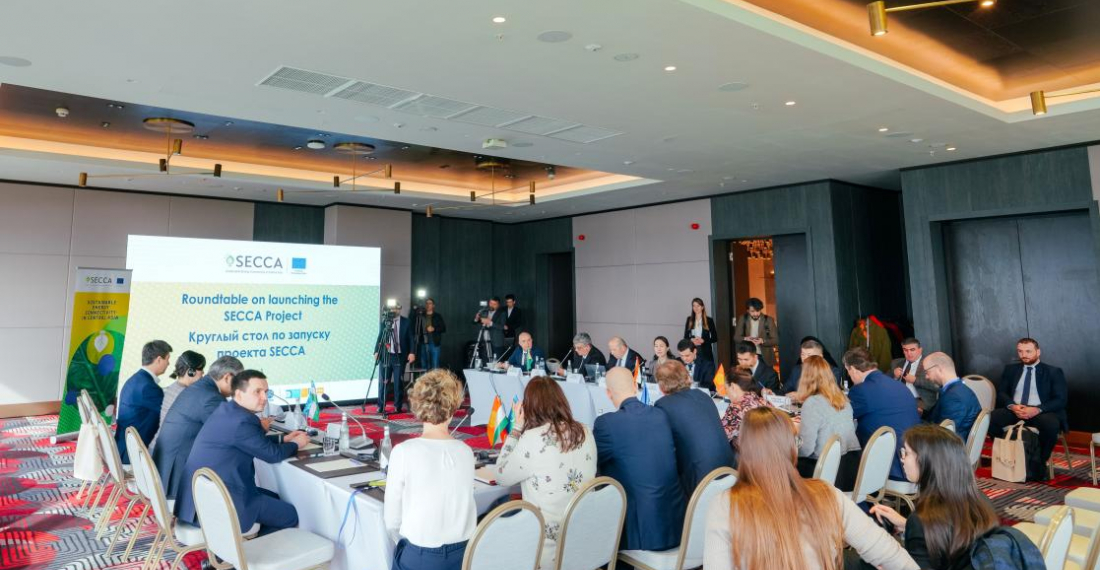The European Union has launched a new project “Sustainable Energy Connectivity in Central Asia” (SECCA) ahead of the EU-Central Asia Connectivity Conference “Global Gateway for Sustainable Development” which opened on Thursday (18 November) in Samarkand, Uzbekistan. National energy authorities and experts from the Central Asian countries (CA) and representatives of the EU attended the launch event.
The SECCA project, with a total budget of 6.8 million euros, aims to promote a more sustainable energy balance in CA in accordance with EU best practices.
In particular, SECCA seeks to strengthen national policies of transition to a sustainable energy system, and increase investment, capacity and awareness in renewable energy and energy efficiency in the region. Recent developments indicate positive signs of a possible sustainable energy connectivity in CA. It is expected that as a result of economic growth and population growth in the region, the demand for electricity will increase. To meet this demand, significant investments, market reforms and capacity development will be required.
Moreover, the SECCA project will mainstream gender by supporting gender-inclusive policies and legislation both for energy efficiency and renewable energy and promoting the role of women in the sector.
During the roundtable to present the project, experts presented the objectives of SECCA, the planned activities and the expected results. The participants discussed the current status and challenges in the sustainable energy sector and cooperation between the EU and CA.







